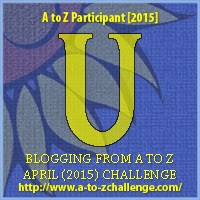
|
By Susan Adelman

In its essence the United Nations (UN) is a family, a family of nations. And at the heart of its millennial missions is the family. As a result, for 2015 an emphasis on the family motivated the UN to invite families from its member nations to take part in the issues affecting them and the world. Humanity is diverse, and the UN recognizes that diversity is not just about skin color. Different abilities paint the landscape of humanity as much as color and gender. How we, as a society, treat our most underserved is reflective of who we are.
1 Comment
The answer is 321 eLearning!The vision for 321 eLearning and the 321eConference is to create a global learning community for members of Down syndrome community. 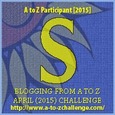 We are less than 100 days away from the Special Olympics World Games and Los Angeles is getting ready to host this great event that will be televised on ESPN and feature athletes from around the world. In an interview with Spain's leading national newspaper ABC, Tim Shriver, Chairman of Special Olympics tells us that Special Olympics is the way for those least valued to heal the world. From the Special Olympics website by By Maureen Rabbitt More than a singular event
By: Liz Plachta - Co-founder of Ruby's Rainbow That should be the Ruby’s Rainbow mantra. In fact, in thank you’s, Facebook post and everything in between I have many times used the quote from Helen Keller “Alone we can do so little; together we can do so much.” I believe this with every fiber of my being…and have seen it first hand in our organization. Let me back up a little… One thing we knew for sure: we were dedicated to giving her all the right opportunities to be the best lil’ version of herself she could be. I knew, the first time I held her, I knew that the light inside her was so bright, the spirit inside her was so strong. I knew she was capable of anything. I didn’t know it yet, but this was the day that Ruby’s Rainbow was born as well. This was the day the fire was ignited in me to want to do something extraordinary to help people like my sweet Ruby achieve greatness.
I wanted to help but didn’t know how or what to do. When Ruby was about six months old I started researching programs and support for individuals with Down syndrome. I found there was lots of early intervention programs and things for younger kiddos and adults, but once they graduated high school these opportunities and support dropped off dramatically. Then what? What were these individuals doing? Another mantra of Ruby’s Rainbow? “Life and learning don’t stop after high school.” What did the future for my daughter look like? I wanted so desperately for her to have all the wonderful life experiences and opportunities as any other person, disability or not. This face deserves all of these things and more…don’t you agree? by Michael Bryant of Global Down Syndrome Foundation with a few notes by Mardra Sikora "Learn from yesterday, live for today, hope for tomorrow." – Albert Einstein 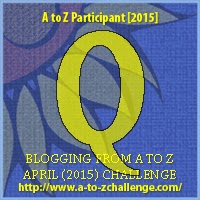 As recently as 1983, a person with Down syndrome was barely expected to live into adulthood. Three decades later, most of the people living with Down syndrome are adults, and have the potential to live long lives, with many expected to live to 55, 60, and beyond. These facts are a source of pride for the Down syndrome community, reflecting how far we’ve come in so short a time. The reasons behind the dramatic increase are many, and they each show a major step forward:
Although these advancements have set the stage for people with Down syndrome to live longer, happier lives and societal acceptance and government legislation are both moving in a positive direction, research and medical advances take significant investments of time and money and Down syndrome is the least funded genetic condition in the U.S. Therefore, we need to focus on accelerating these positive aspects. We need to focus on quality of life. One of those people who have done so is Michelle Sie Whitten, President and CEO of the Global Down Syndrome Foundation. Whitten is the mother of Sophia, who was born with Down syndrome in 2003. Whitten helped start the Global Down Syndrome Foundation in 2009 to significantly improve the lives of people with Down syndrome through research, medical care, education and advocacy. Whitten said, “Having a child who is differently-abled has really expanded our understanding of diversity in the world. I can now see people who are differently-abled as great contributors to our society on many different levels. I did not see that before.”
P is also for “people” and “professionals” By Sue Joe of the National Down Syndrome Congress 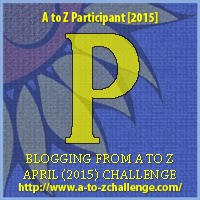 Phoenix is the host city for his year’s NDSC Convention in June, and it’s where we’ll be bringing together people (that’s you!) and professionals in the Down syndrome world, and let the learning begin. Really, there is nowhere else on earth that you can get this kind of opportunity for education and sharing under one roof. And since the P in Phoenix also sounds like F, let’s go ahead and make the leap that P is for Families!
by Kristen McKiernan of The Arc
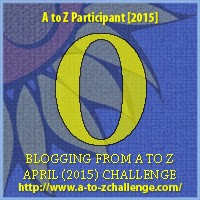
The Arc is the largest organization in the country advocating for and serving people with intellectual and developmental disabilities (I/DD), including Down syndrome. We have a rich 60 year history of advocacy and grassroots organizing that continues today through our nearly 700 state and local chapters nationwide. Our mission has always been to promote and protect the human rights of people with I/DD and actively support their full inclusion and participation in the community throughout their lifetimes.
At the national headquarters in Washington, DC, we currently maintain 9national programs that are actively changing lives in our community. We also host annual events that bring together families, self-advocates, and professionals to share ideas, inspiration and resources, and we work to support our chapters to advocate at the federal and state level and provide services to their communities at the local level.
People with disabilities, their families, friends, teachers, colleagues, and loved ones have always been a powerful force when it comes to advocacy. Today, your efforts are needed more than ever. That’s why The Arc chose to use the O to talk to you about organizing.
Today we're looking at how advocacy plays out on a policy level and how The National Down Syndrome Society plays an important role in creating change at the federal and state level. Buddy Walk On WashingtonThis week, Josh and I participated in our first Buddy Walk® on Washington (#BWW2015) hosted by the NDSS. We got a chance to me Maryland Representative and member of the Down Syndrome Caucus, Chris Van Hollen. You can also hop over to Raise Expectations and say hi! If you're a regular here on The Road, you'll know that racial disparities and research are important to us. During the #BWW2015 over 150 advocates advocates from across the country met with over 100 Capitol Hill offices and talked about the NDSS legislative priorities for the year. This year, Down syndrome research is part of that list. It was a great opportunity to bring our specific concerns to the attention of lawmakers as one part of a larger agenda. We thank the NDSS for all their hard work - putting this event together and spending countless hours working in the political arena for the benefit of all people who have Down syndrome. From the President of NDSSBy: Brandy Snow and Stephanie Holland We learned about mosaicism at the 321eConference and we asked our friends at IMDSA to share some of that information with our community.
President Brandy Snow tells us what mDs is and how IMDSA helps "Unite unique people in a unique world." Everything Starts at Home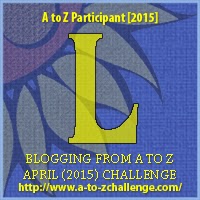 This week there is the Buddy Walk on Washington. Big things are being done on the big stage. But, what’s happening at home in your town? The local groups have their feet on the ground, working for the families of their community, helping, teaching, and reaching out. As an example, let me tell you about the Ds group in my city, the Down Syndrome Alliance of the Midlands. As of two years ago I knew nothing, really, about what they do. So I called and... First, They took the time to meet with me and answer my questions personally about what they are doing as an organization. Where are their fiscal priorities? What are their policy priorities and what resources do they offer families in our community? They provided open answers to these questions without doublespeak, this is very important to me. I learned:
All this month we on The Road have shared and are sharing notes about many of the national organizations, their goals and their work. Did you know that there is a national group that helps the local groups? Down Syndrome Affiliates in Action. The DSAIA Director Deanna Thorpe joins us today to explain: Why the Local DSA is So Important
|
The RoadMapLife on "the road" of caregiving for adults who have Down syndrome. Categories
All
Archives
July 2015
Get our blog in your inbox!
Stephanie:Walkersvillemom (Facebook) Mardra:Mardra Sikora (Facebook) |
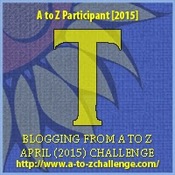
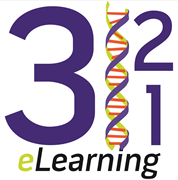
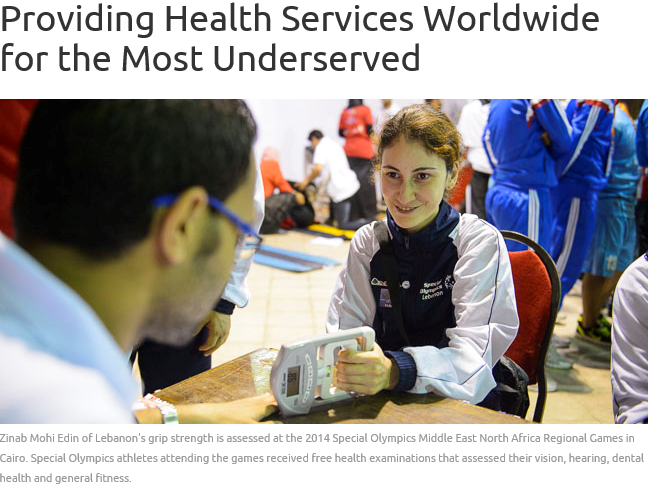
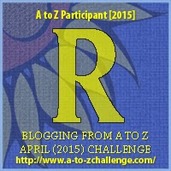
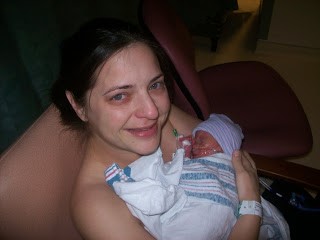

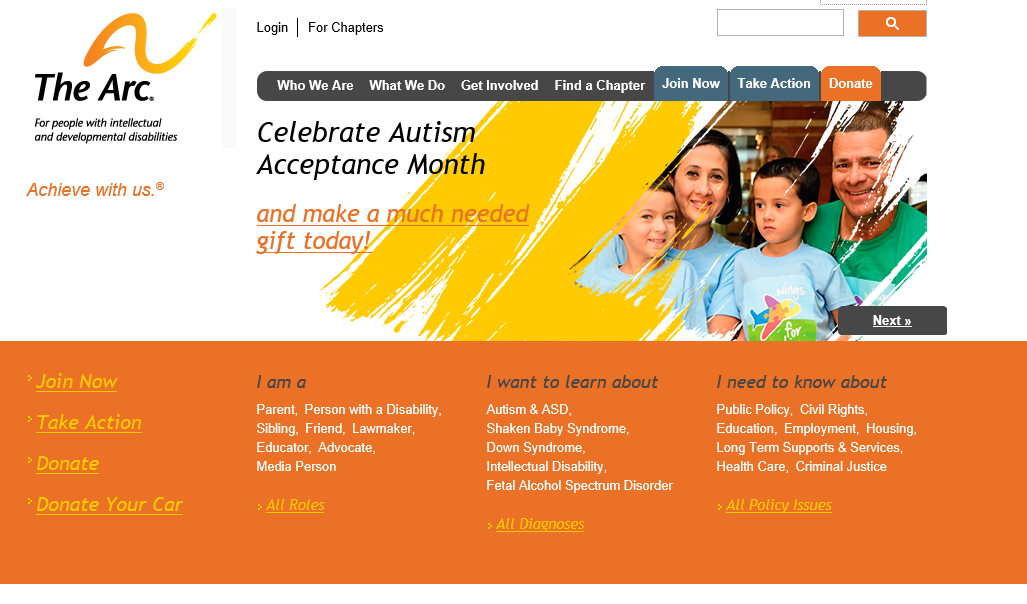
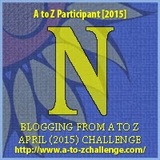
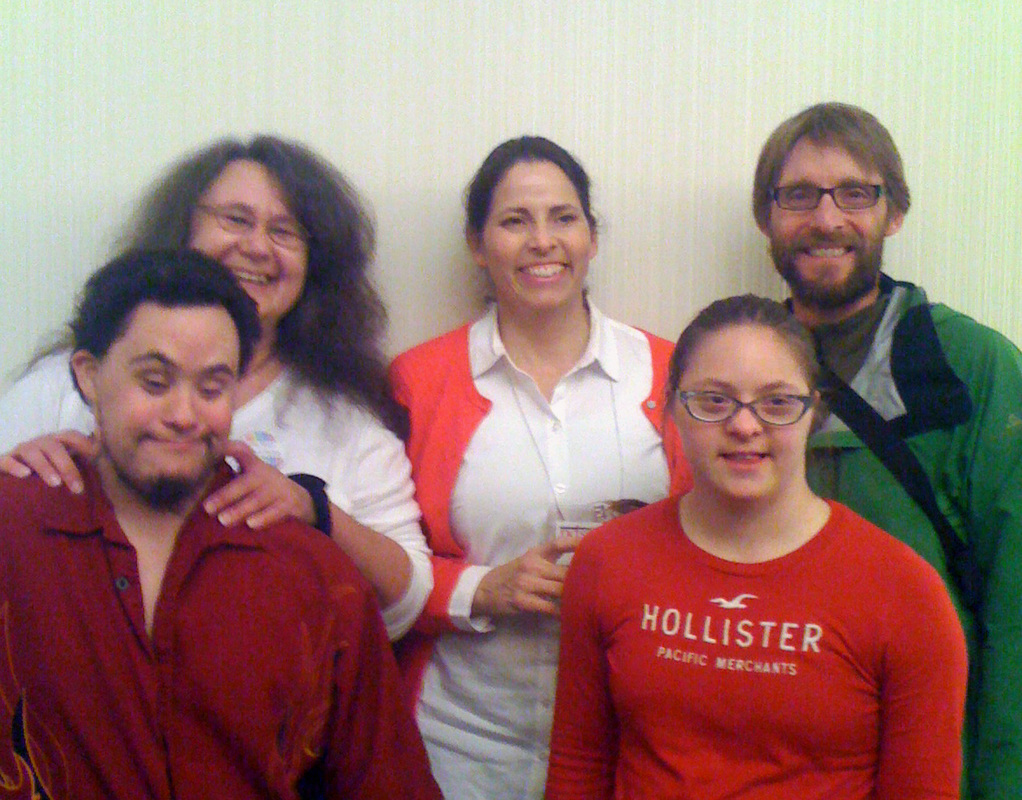
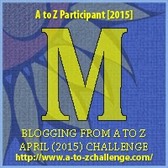
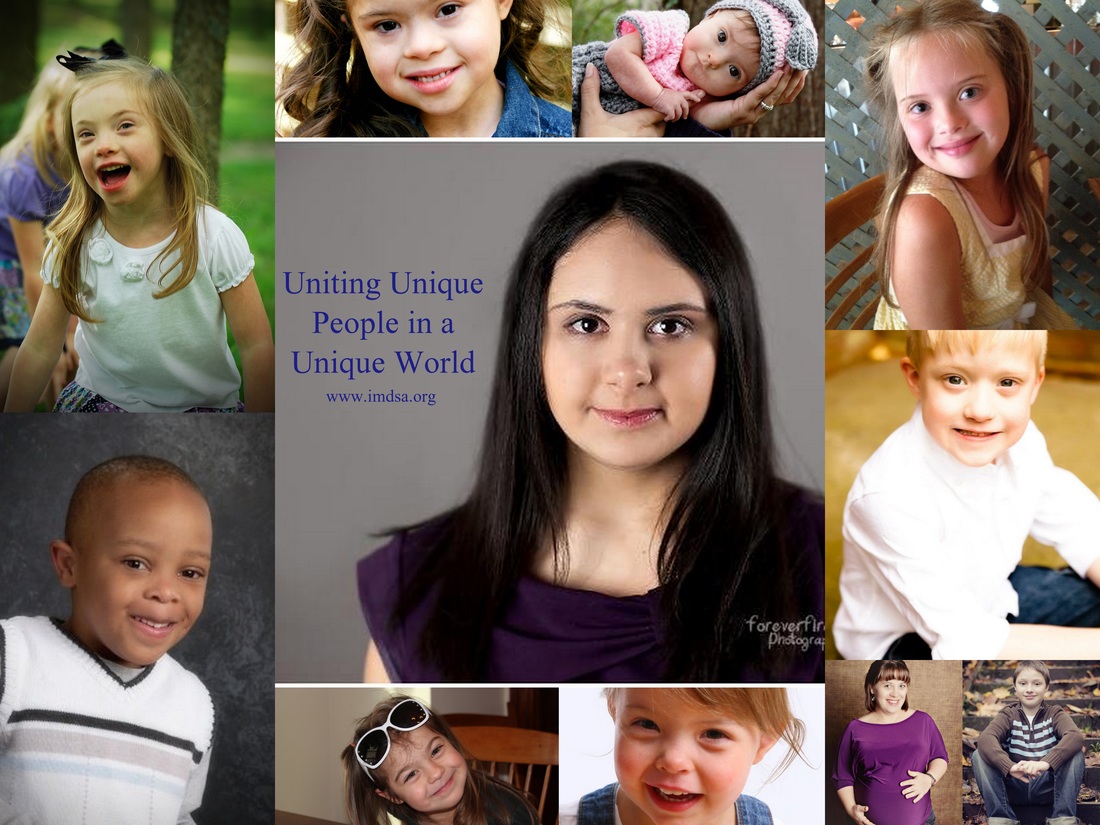
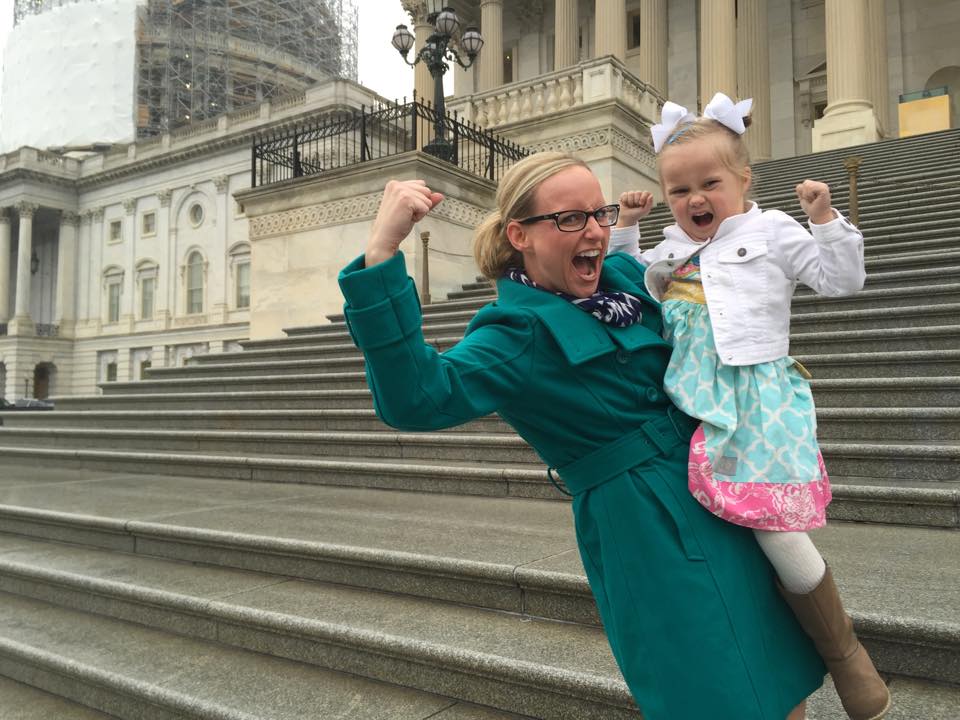
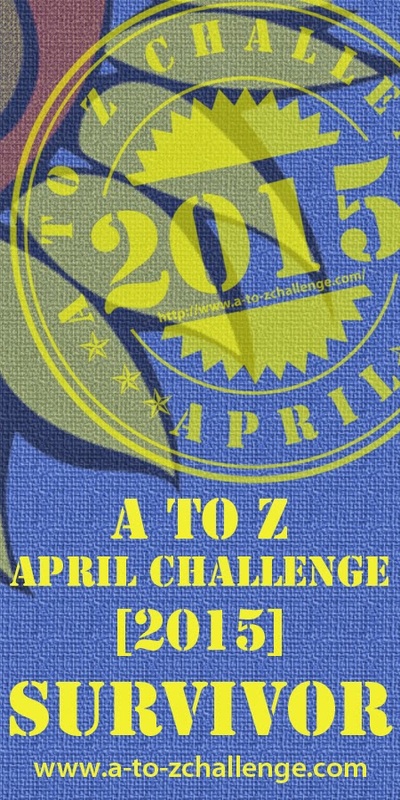

 RSS Feed
RSS Feed

